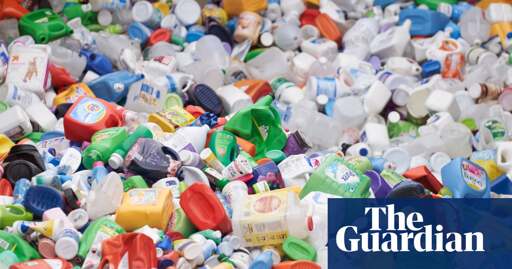Plastic waste has been a real headache for scientists lately, this solution would cure that headache in more ways than one
inb4 microplastics found in paracetamol
deleted by creator
I was just thinking that. We should check whether these scientists are all just three NileReds in a trench coat.
“People don’t realise that paracetamol comes from oil currently,” said Prof Stephen Wallace, the lead author of the research from the University of Edinburgh.
TIL: https://newatlas.com/science/paracetamol-manufacturing-trees/
Yeah because paracetamol, and most other modern drugs, are purely petroleum-based. Thank the Rockefellers for that!
This sounds like something you’d hear about in Fullmetal Alchemist.
full plastic alchemist
I like paracetamol.
Getting bacterial enzymes that can break down HDPE is tough. I read that the issue is there isn’t a good place for the enzyme to “dig in” on the polymer strand.
We often use plastic because bacteria can’t break it down.
Yup but it is a catch 22.
While many plastics have a really bad reputation for recyclability, isn’t HDPE (#2 plastic) one of the few stand outs that recycles very well?
The problem is how much of it never makes it to the recycling stream worldwide. Picking it out of the environment is labor intensive. Bacteria munching it down would be more effective.
If you’re at a point where you can feed it to bacteria, you’ve already separated it from the environment and the waste stream, right? How else are you going to feed it to bacteria?
You know that bacteria exist in the wild normally, right? That is where they’ve been for 5 billion years.
Wait, are you suggesting releasing bio-engineered bacteria that destroys plastic randomly in the wild? You don’t see any practical problems that would cause?
Why would it be random? We are already releasing huge amounts of artificial chemicals into the wild.
Why would it be random?
Perhaps I should have used the word “uncontrolled” instead of random. If you’re expecting this bacteria to work against, say, a field with plastic litter in it, its going to be in contact with lots of other things made of plastic that aren’t waste. If the bacteria is able to self replicate, and you’ve released it into the wild, you’ve effectively killed the use for nearly all plastics as things that are still in use will be decomposed.
We are already releasing huge amounts of artificial chemicals into the wild.
Thats a bizarre argument. That would be like saying: “We have lots of murders in the world, so why not intentionally murder more people?”
Mix it with some OG Kush for Slippery and Sneaky effects





